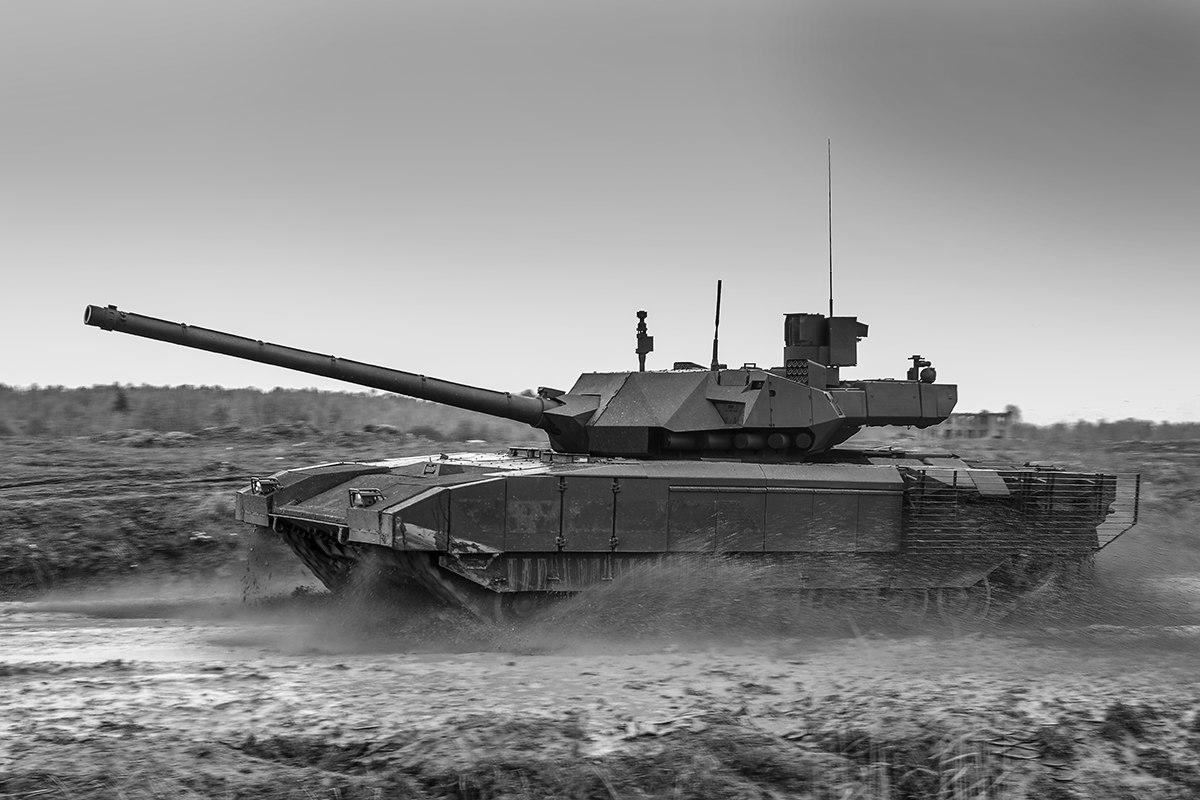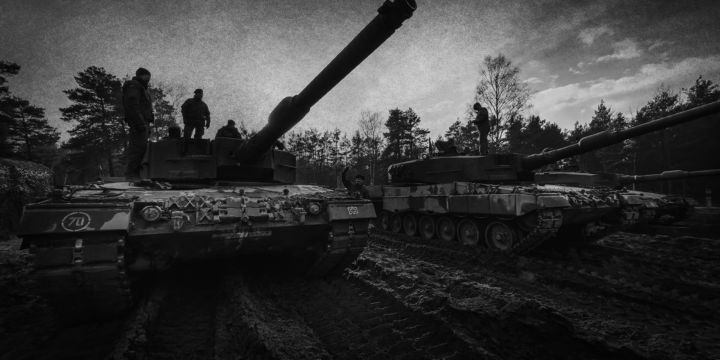
Past In-Person Event: Responding to Russia
The United States and the Soviet Union were allies during WWII and enemies during the Cold War. America stood for freedom and the dignity of the individual—the Soviet Union subjugated persons to the collective and committed gross violations of human rights. We threatened each other with nuclear annihilation and competed globally for power and influence. The Cold War could have ended in calamity, but instead, the Warsaw Pact and the Soviet Union itself dissolved peacefully. Russia and other formerly communist states then faced daunting challenges for restructuring economic, political, and security arrangements. Russia was, and remains, a shadow of the USSR, but it has regained its footing in the last 27 years.
Today’s Russia poses a substantially different threat to the U.S. than during the Cold War. It is much weaker but still must be taken seriously. Only Russia's nuclear arsenal comes close to matching America's in number, and its conventional forces have legitimate capabilities near its borders. It has interfered with elections abroad, including America's, engaged in cyber-aggression, violated internationally accepted borders, and more. And yet, Russia isn't going anywhere.
Americans must better understand Russia's interests and what they will risk to secure them. This will help us determine our best options for advancing America's security and prosperity interests despite Russian actions. Please join us for a discussion of a realistic, interests-based approach to the U.S. relationship with Russia.

